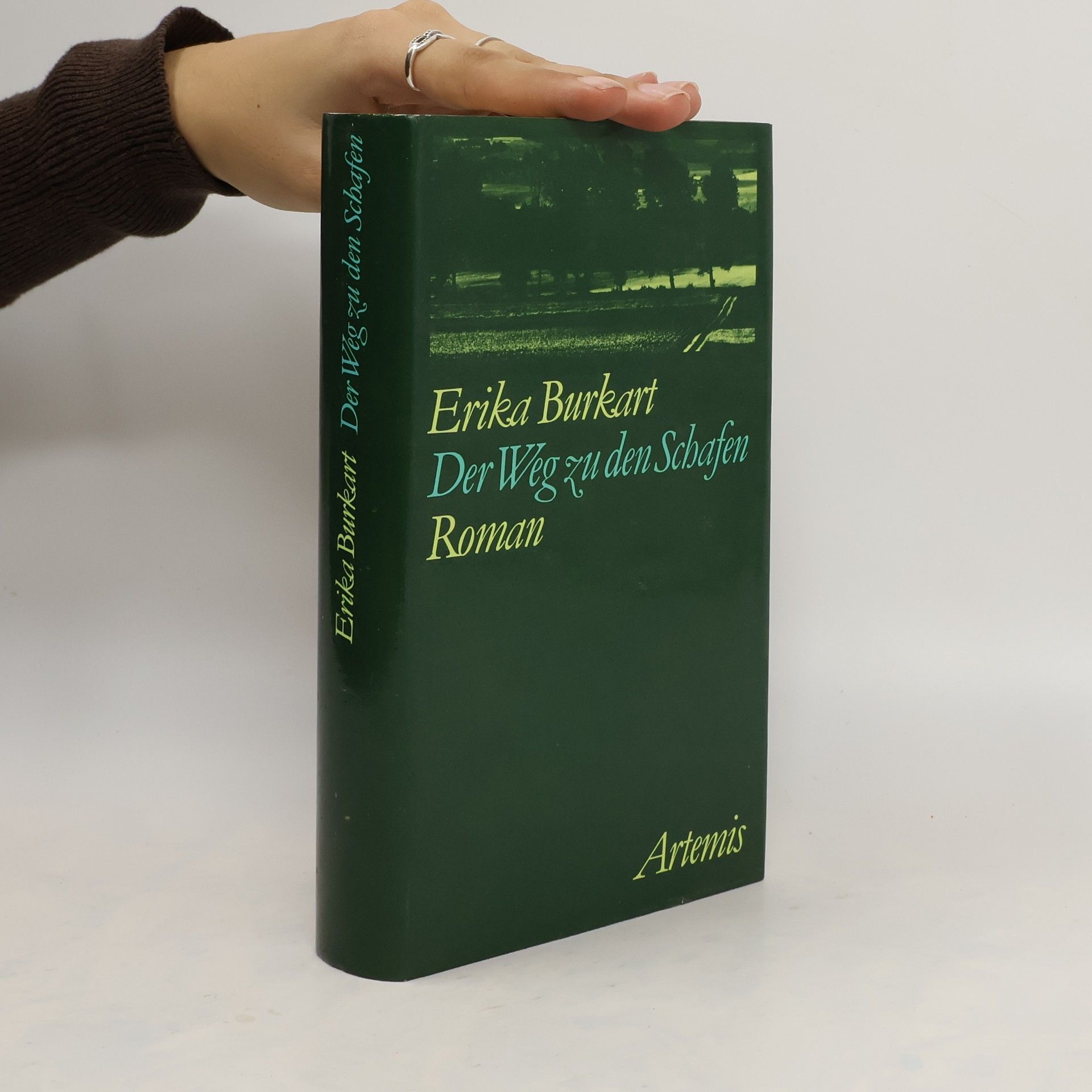Der Band bietet eine Auswahl von Texten aus den Werken von Erika Burkart, einschließlich Romanen, Berichten und Gedichten, um einen Zugang zu ihrem Schaffen und einen Überblick über ihre Themen zu ermöglichen.
Erika Burkart Book order (chronological)
Erika Burkart was a Swiss author whose poetry and prose often explored the theme of human existence and its place in the universe. Her work is characterized by deep introspection, sensitive observation, and a profound understanding of the human psyche. Burkart delved into the complexities of relationships, the transience of time, and the search for meaning in everyday life. Her language is typically lyrical and evocative, drawing readers into her reflections on life and art.
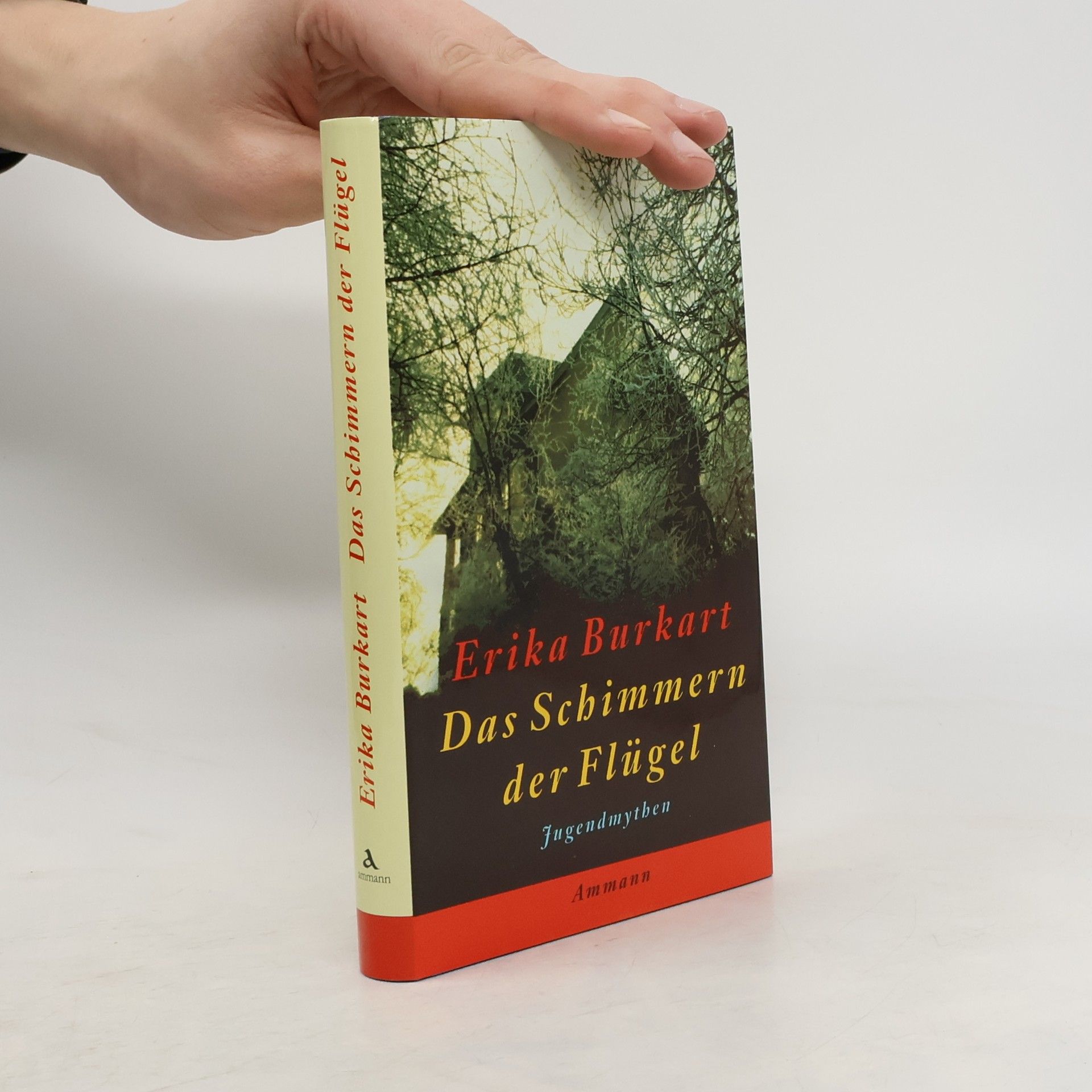

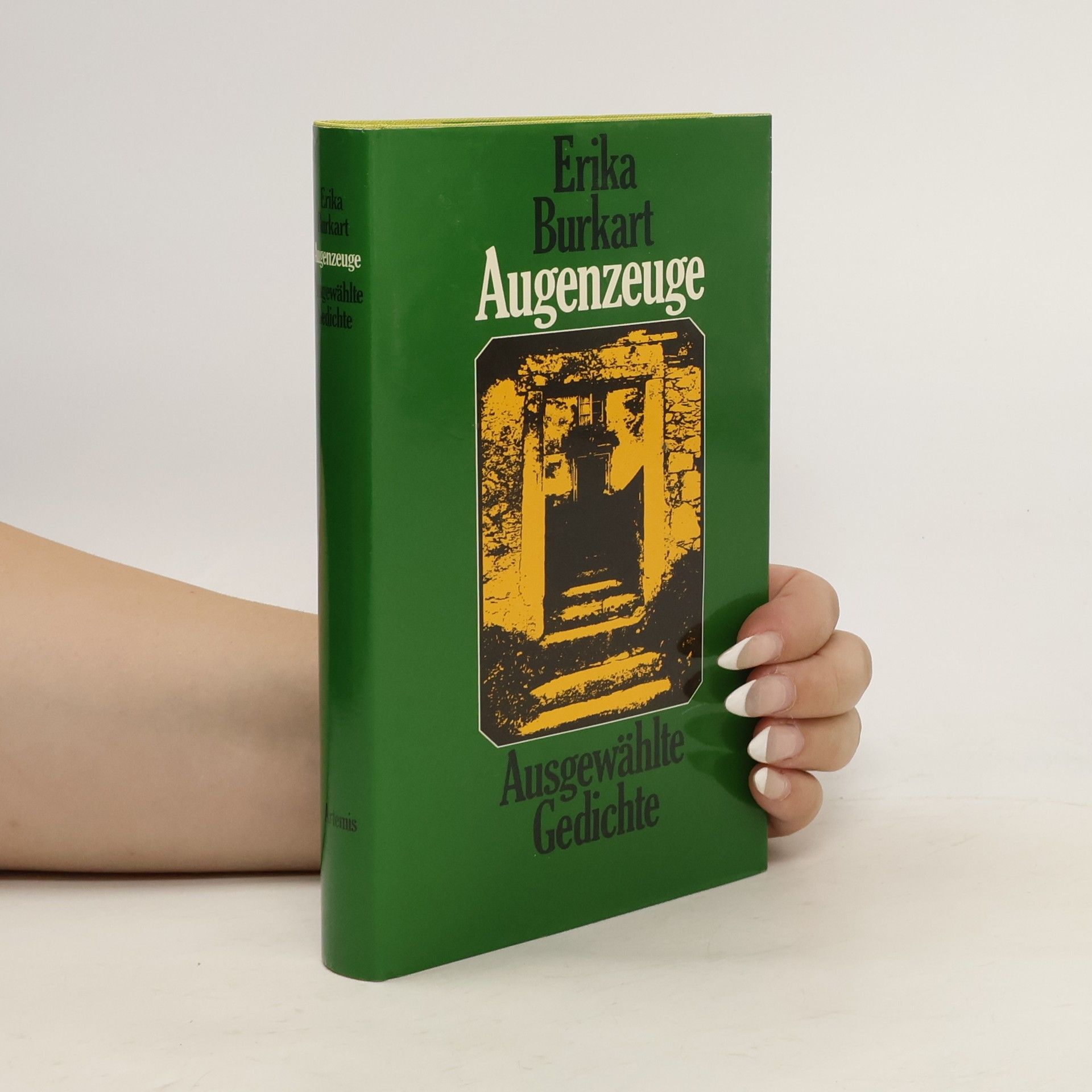
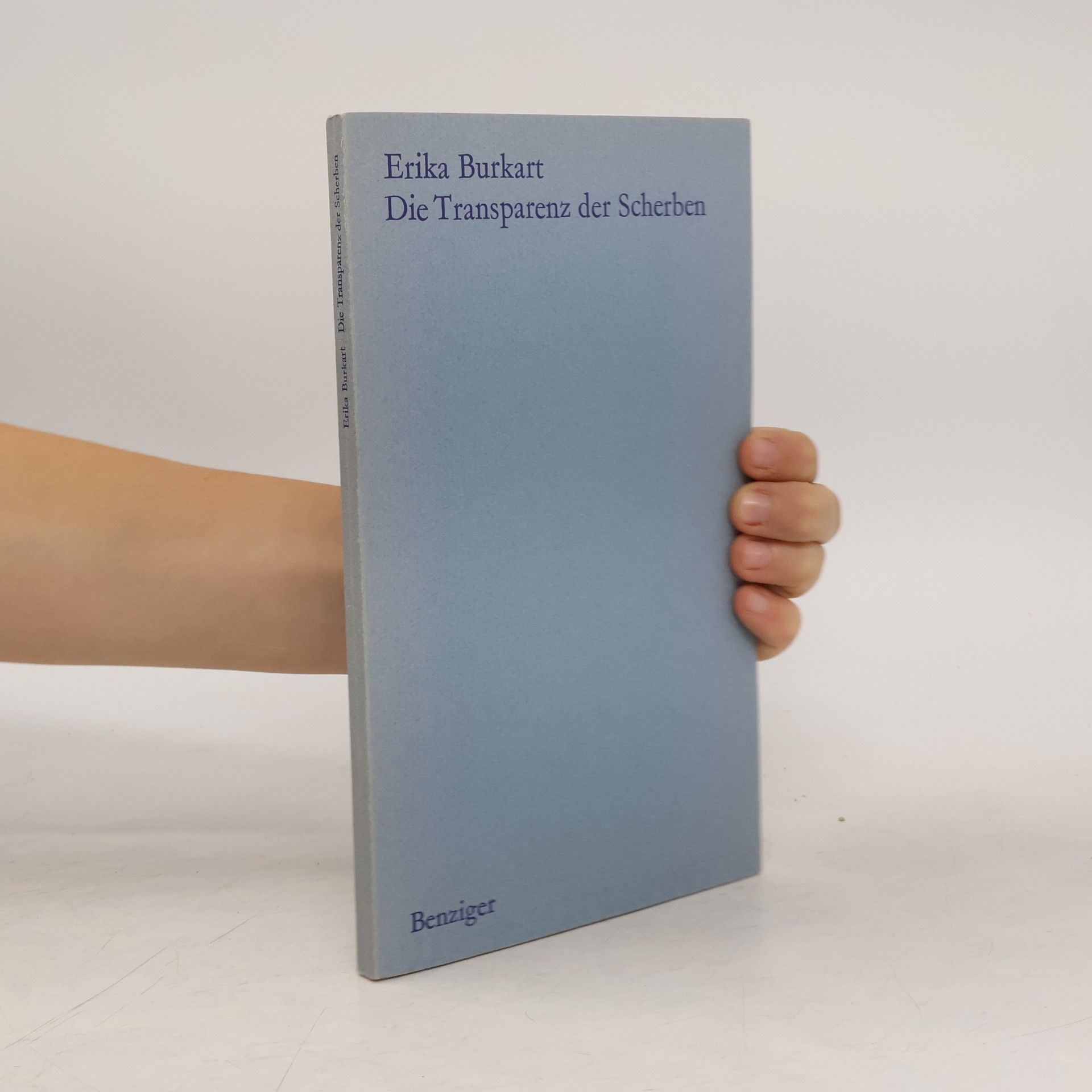
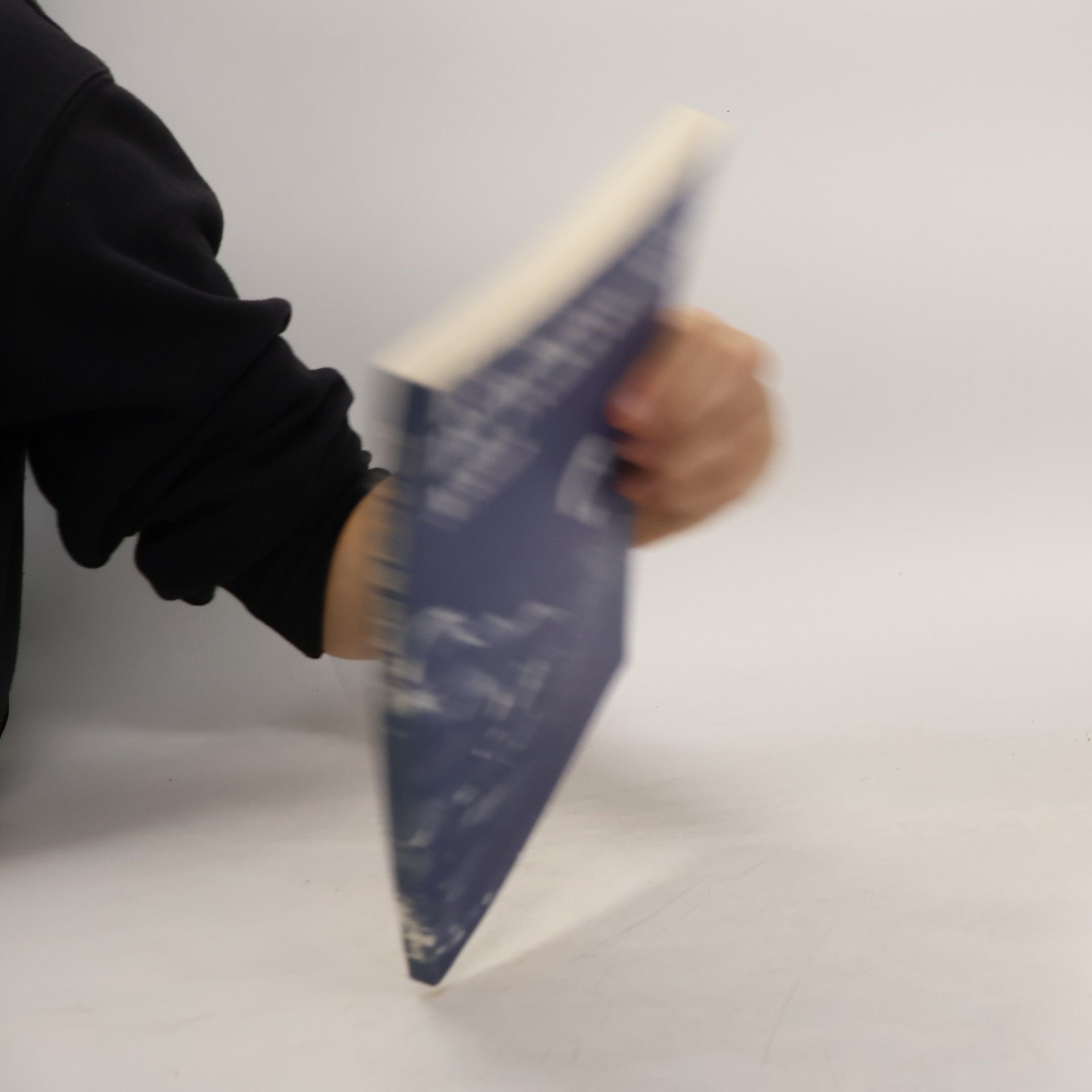

Wortfächer Erika Burkart
Fragmente eines Lebens
Ernst Halters grosse Auswahl der Gedichte Erika Burkarts stellt exemplarisch das jahrzehntelange lyrische Schaffen der Dichterin vor, deren Entwicklung dem gängigen Muster – Aufbruch ins Ungewohnte, neuartige Diktion, Konsolidierung, Reife, Abgeklärtheit, Rückzug – widerspricht: Sie geht genau den umgekehrten Weg. «Lies beide Seiten» wird das Motto ihres Schreibens. Es berichtet von erhoffter Transzendenz des lebendigen Hier in ein uns nicht erkennbares, geahntes Dort, wo sich ein Sinn finden könnte. Wir leben auf einer planen Fläche und sind nichts als das Spiegelbild des Mysteriums unserer eigenen Existenz, das unseren Blicken undurchdringlich bleibt.Ihre grossen Gedichte sind Spiegelschrift. Wider den Tod entwickelt die Dichterin zuletzt ihr revolutionäres Profil: Fragmente, harte Kontraste, blitzhafte Visionen, Proteste, Rufe, Klagen, Beschwörungen – in alltäglicher Diktion. «Gott allpräsent in seiner Absenz? Wir wissen gar nichts. Unvorstellbar eine gottlose Welt. Wir leben von etwas, an das wir uns wider jede Wahrscheinlichkeit seines Seins klammern als an die letzte Hoffnung.»
Der erste Teil des besonders wertig ausgestalteten Bandes mit dem Titel Nachtschicht versammelt die letzten Gedichte von Erika Burkart: 58 Texte, luftige und fragile Aufzeichnungen einer Sterbenden, die sich selbst beobachtet und begleitet, solange sie Worte dafür hat. Ergänzt werden die Texte durch faksimilierte Abbildungen der Handschrift der Dichterin. Auf Nachtschicht folgt mit Schattenzone ein poetisches Pendant: Gedichte des Lebensgefährten Ernst Halter, der mit seiner Frau den letzten Weg am Ende eines langen Zusammenseins gegangen ist. Ergänzt werden die beiden lyrischen Stimmen von einem essayistischen Text Halters, der in den Kosmos der Nachtschicht einführt und ihn kommentiert. Mit einem Essay von Ernst Halter und faksimilierten Handschriften Erika Burkarts. Erika Burkart, geb. 1922, starb im April 2010. Sie war, so Peter von Matt, die 'charaktervollste lyrische Stimme der Schweiz' und wurde für ihr Werk mit vielen bedeutenden Preisen ausgezeichnet. Ernst Halter, geb. 1938, nach dem Studium Redakteur der Kulturzeitschrift du, bis 1984 Cheflektor des Orell Füssli Verlags Zürich, danach freier Autor. 1969 Heirat mit Erika Burkart. Letzte Veröff entlichungen: Jahrhundertschnee (Roman), Menschenland (Gedichte).
Die hier versammelten 64 neuen Gedichte versuchen die Zeit anzuhalten, in der Natur die Geheimnisse einzufangen, die sich in die Menschenwelt als Mysterien einschreiben. Sie sind Verdichtungen einer unverwechselbaren Atmosphäre, Konkretisierungen eines lyrischen Kosmos, die subtile, zarte Gebilde, von getragener Sprache und mit eindringlichen Bildern entstehen lassen.

